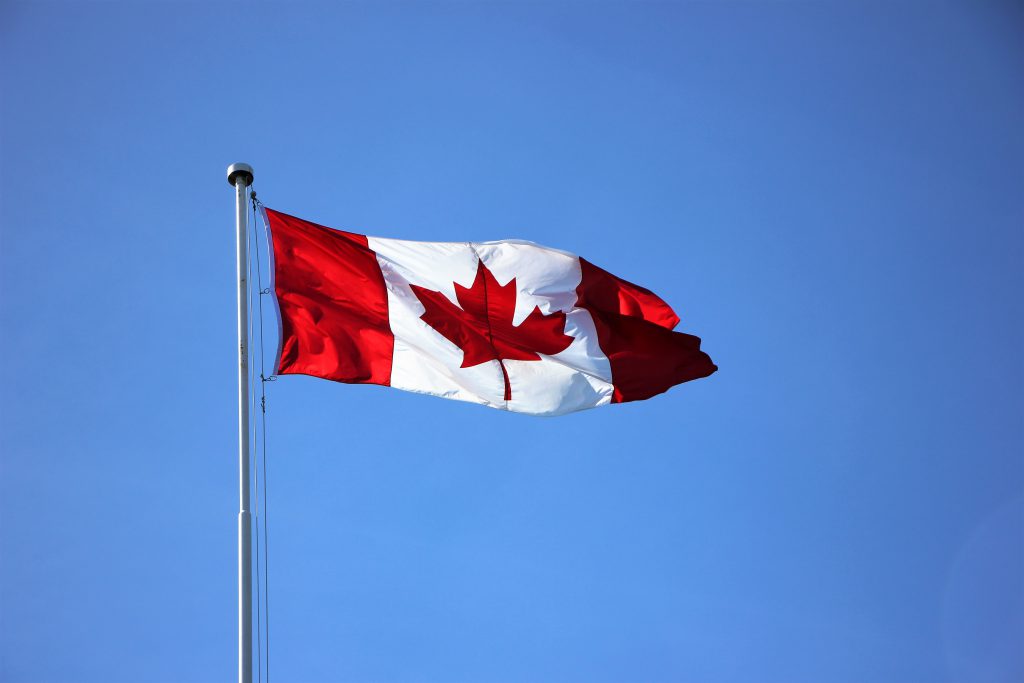
The number of asylum claims being filed in Canada continues to rise slightly despite ongoing global travel restrictions.
The latest figures from the Immigration Department show 1,500 claims for refugee status were filed in Canada in June, up from 1,400 in May.
For the first time since April – the first full month of major travel restrictions designed to slow the spread of COVID-19 – refugee claims were filed at airports. There were also multiple claims at marine ports.
Also slightly on the rise where the number of people stopped by the RCMP trying to cross irregularly into Canada: 32 in June, up from 21 in May.
Currently, Canada is turning back those who show up at unmarked border crossings, one of several measures being taken at the border in response to the pandemic.
How many people will continue to attempt to enter Canada irregularly may change in the coming months, in the wake of a Federal Court decision Wednesday that the Safe Third Country Agreement between Canada and the U.S. violates the charter.
The agreement is the reason just over 3,000 people this year have tried to cross irregularly into Canada in order to file for asylum. Under the deal, they would be turned away at formal border points.
They can still, however, lodge a claim once they are inside Canada.
But Federal Court Justice Ann Marie McDonald said Wednesday that elements of the law underpinning the agreement violate the constitutional guarantee of life, liberty and security.
Under the agreement, which took effect in 2004, Canada and the U.S. recognize each other as safe places to seek protection.
That means Canada can turn away those who arrive at land ports of entry along the Canada-U.S. border on the basis they must pursue asylum in the U.S., the country where they first arrived.
In the long-running court case, the applicants, who are citizens of El Salvador, Ethiopia and Syria, arrived at a Canadian land entry port from the U.S. and sought refugee protection but were refused.
They had argued in court that when returning ineligible refugee claimants to the U.S., Canada exposes them to risks in the form of detention and other rights violations.
In her decision, McDonald concluded the consequences ineligible claimants may face upon return to the U.S. are “inconsistent with the spirit and objective” of the refugee agreement and amount to a violation of the rights guaranteed by Section 7 of the charter.
The judgement, however, was suspended for six months to allow the government to find a solution.
Talks between Canada and the U.S. to update the Safe Third Country Agreement have been underway for a while, and rights advocates in both countries have urged Canada to use the ruling as opportunity to push them forward.
“Human Rights First notes that the Trump administration’s treatment of asylum seekers is now even worse than it was at the time evidence was submitted in this case,” the non-partisan American group said in a statement.
“In light of the court’s decision and this ongoing deterioration, Human Rights First urges the Canadian government to take this opportunity to withdraw from the ‘safe third country’ agreement.”’
The government can’t sit on its hands and do nothing, said Queen’s University professor and immigration law expert Sharry Aiken.
She said the agreement should be suspended immediately, as the while the court was only dealing with the legality of the deal, it continues to impact refugee claims.
“In my view the Canadian government has a responsibility to act immediately to prevent further violations of our constitution and the international human rights commitments to which Canada has agreed to be bound,” she said.
“It also means that it would be unconscionable for the government to appeal this ruling and seek a stay of the ruling.”
Current travel restrictions in place to slow the spread of COVID-19 appear to have placed downward pressure overall on asylum claims.
By the end of June 2019, 26,725 claims were filed, compared with 16,865 asylum claims filed so far this year.
The rise in June of this year was due to an increase in people already in Canada making claims at government offices, as opposed to those requesting asylum immediately upon arrival in Canada.
This report by The Canadian Press was first published July 24, 2020.



